- Home
- Books
- Book Bazaar Upto 80% Off
- RP - Coffee Table
- Fiction & Literature
- The Blind Owl and Other Stories - Paperback
The Blind Owl and Other Stories - Paperback
By: Sadeq Hedayat
-
Rs 2,995.00
Due to constant currency fluctuation, prices are subject to change with or without notice.
Written in Persian, The Blind Owl is predominantly a love story – an unconventional love story that elicits visions and nightmare reveries from the depths of the reader’s subconscious. A young man, an old man and a beautiful young girl perform, as if framed within a Persian miniature, a ritual of destruction as gradually the narrator, and the reader, discover the meaning hidden within the dreams. This unforgettable story contains a unique blend of the mystery of the Arabian Nights and an acutely contemporary sense of panic and hallucination. The Blind Owl was written during the oppressive latter years of Reza Shah’s rule (1925–41). It was originally published in a limited edition in Bombay, during Hedayat’s year-long stay there in 1937, stamped with “Not for sale or publication in Iran”. It first appeared in Tehran in 1941 (as a serial in the daily Iran), after Erza Shah’s abdication, and had an immediate and forceful effect.
Written in Persian, The Blind Owl is predominantly a love story – an unconventional love story that elicits visions and nightmare reveries from the depths of the reader’s subconscious. A young man, an old man and a beautiful young girl perform, as if framed within a Persian miniature, a ritual of destruction as gradually the narrator, and the reader, discover the meaning hidden within the dreams. This unforgettable story contains a unique blend of the mystery of the Arabian Nights and an acutely contemporary sense of panic and hallucination. The Blind Owl was written during the oppressive latter years of Reza Shah’s rule (1925–41). It was originally published in a limited edition in Bombay, during Hedayat’s year-long stay there in 1937, stamped with “Not for sale or publication in Iran”. It first appeared in Tehran in 1941 (as a serial in the daily Iran), after Erza Shah’s abdication, and had an immediate and forceful effect.
Zubin Mehta: A Musical Journey (An Authorized Biography)
By: VOID - Bakhtiar K. Dadabhoy
Rs 630.00 Rs 1,050.00 Ex Tax :Rs 630.00
No recently viewed books available at the moment.
Zubin Mehta: A Musical Journey (An Authorized Biography)
By: VOID - Bakhtiar K. Dadabhoy
Rs 630.00 Rs 1,050.00 Ex Tax :Rs 630.00










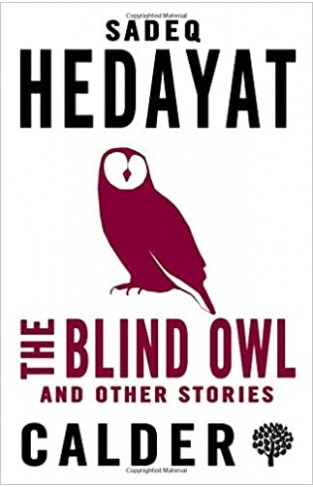
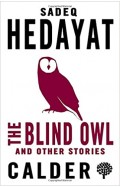
-120x187.jpg?q6)








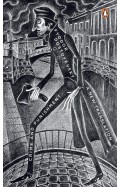
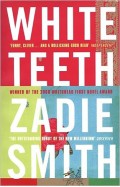

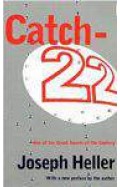

-120x187.jpg?q6)
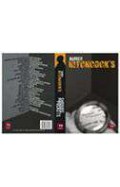
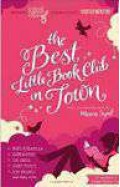

-120x187.jpg?q6)